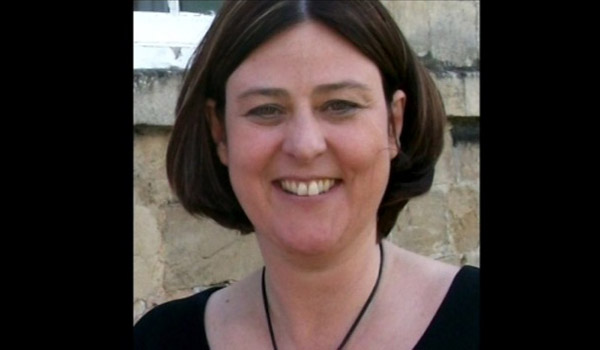Fracking protests spark fears force wont have enough manpower to protect public order
Workforce cuts will mean a force has no solution to potentially violent anti-fracking protests, a staff association has claimed.
Workforce cuts will mean a force has no solution to potentially violent anti-fracking protests, a staff association has claimed.
North Yorkshire County Council voted on Monday (May 23) to grant permission for fracking at a site at Kirby Misperton in Ryedale.
Even though demonstrations have so far been peaceful, the fact this the first time such permission has been granted for five years has raised fears that the site could become the focal point for national protests.
North Yorkshire Police Federation (NYPF) has now expressed concerns that the force will not have the manpower to protect public order in the event of a violent clash.
NYPF chair Mike Stubbs said: Its not about the money, its about the fact we have far fewer cops now than we did because of all the uncertainty over police funding we had last year from the Government.
The Home Office was hinting there would be further reductions in the police budget, so there was very little recruiting.
You can have all the money in the world, but if you dont have enough cops to put out there isnt a solution.
Mr Stubbs pointed to the 8,500 rest hours owed to North Yorkshire Police officers as evidence that the force is struggling to keep up with demand.
Anti-fracking demonstrations in 2013 at the Barton Moss Site in Salford, resulted in protestors clashing with Greater Manchester Police (GMP).
On some occasions, the force had to use as many as 150 officers to safeguard public order, and the Home Office told GMP it would not pick up the £1.7 million bill for policing the protests.
However, North Yorkshire Police and Crime Commissioner Julia Mulligan remained adamant that in the unlikely event that the protests in Yorkshire reach that scale, Home Office funding could be relied on.
Mrs Mulligan said: In the worst case, there is the option to apply to the
Home Office for financial support should the costs exceed one per cent of North Yorkshire Polices budget, or about £1.5m, but I believe that is highly unlikely to happen.
She added: There is a positive duty on North Yorkshire Police to facilitate lawful and peaceful protests, with fracking being absolutely no different and I do not expect any resourcing issues as a result of the county councils decision.
North Yorkshire Police has the necessary contingencies and budgets in place to ensure the force is well able to deal with such events in the calm and professional manner you would expect.
Above and beyond our usual budgeting there are also reserves earmarked for any unplanned major incidents, as well as a general reserve which is there for any eventuality.
North Yorkshire Police committed earlier this year to raise its officer numbers from 1,343 to 1,400.
However, it has still lost 143 officers over the last five years.
Fracking is a process of mining that involves blasting a high-pressure mixture of water, sand and chemicals into the earth to release trapped natural gases.
Part of the fears around fracking stem from suggestions that the process could cause carcinogenic chemicals to leak into groundwater around the sites.
Protestors are also worried fracking could cause small earth tremors, after energy company Cuadrilla suspended test fracking operations in Lancashire in 2011 after a study found it was highly probable the drilling caused two earthquakes of 1.5 and 2.2 magnitude.
Labour has called for a moratorium on fracking until it is proven to be completely safe, and Welsh, Scottish and Northern Irish Governments have also announced their opposition to the process until its environmental impacts are better understood.
Shadow home secretary and Greater Manchester mayoral candidate Andy Burnham said the decision in North Yorkshire sets an unhelpful precedent.
Mr Burnham added: I have looked in detail at the fracking licenses in my constituency and have seen no evidence to satisfy me that it is safe to frack in a former coalfield area or indeed anywhere.
My position [as mayor] would be to recommend a Greater Manchester-wide


